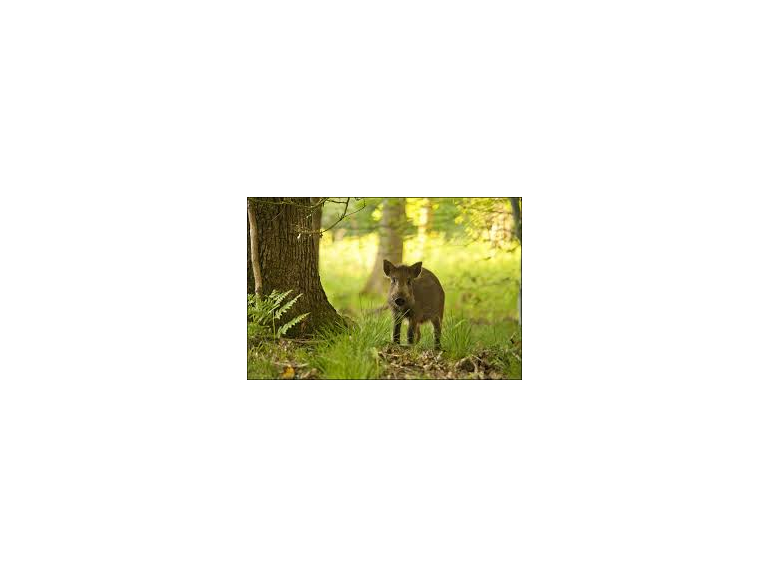
The Wild Boar which roam in the Forest of Dean, have been blamed for a number of incidents, from traffic accidents to damage to gardens and other private property. This week, it was reported that wild boar have twice, in the space of a week, dug up a football pitch belonging to Gloucester Northern Senior League side Soudley AFC who are located on the edge of the Forest. The club estimate the damage will cost more than £1,000 to repair and the pitch will be out of action until Christmas.
Earlier this year the Forestry Commission decided to install a fence around the Beechenhurst Lodge picnic area following damage sustained to the site by boar searching for food. With fewer nuts to eat, the boar will root through grassed verges and picnic areas in search of worms and insects.
Wild boar have roamed in the Forest of Dean since 2004, when they were reintroduced following an absence of 700 years. However, following complaints of damage to gardens, danger to dog walkers and riders and boar-related road accidents, a cull was introduced.
Wild boar are large and potentially dangerous animals but if you come across a boar in the woods they will normally flee from you. Although their eyesight is poor, wild boar hear and scent very well. They will know you are in the woods long before you know they are there, and will make themselves scarce. However, if people have been foolish enough to feed the boar, they may come up to you thinking you are going to feed them. These tame animals should not pose a threat to you, but may take a dislike to your dog.
Here are a few tips to keep you safe:
I have recently purchased the best of the Forest of Dean and Chepstow from the previous owners Paul and Sharon James. I look forward to meeting as many of you as possible over the coming months and assure...
The following Cookies are used on this Site. Users who allow all the Cookies will enjoy the best experience and all functionality on the Site will be available to you.
You can choose to disable any of the Cookies by un-ticking the box below but if you do so your experience with the Site is likely to be diminished.
In order to interact with this site.
To help us to measure how users interact with content and pages on the Site so we can make
things better.
To show content from Google Maps.
To show content from YouTube.
To show content from Vimeo.
To share content across multiple platforms.
To view and book events.
To show user avatars and twitter feeds.
To show content from TourMkr.
To interact with Facebook.
To show content from WalkInto.